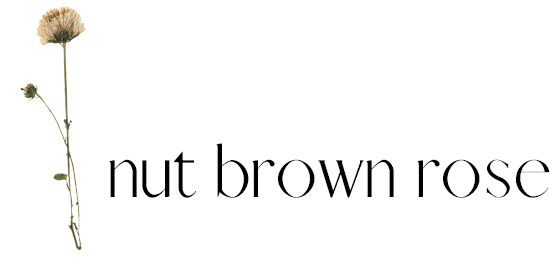The term “detox” is one I absolutely loathe… what does it mean anyway and do we really need one?
There I was, lying in fetal position after deciding I can eat pan-fried pork dumplings like everyone else.
I was wrong.
I can’t help it, I break sometimes. I’m Lebanese and I love food. As the song goes, “I’m only human after all.” Thanks, Rag’n’Bone Man.
Although the dumplings were astoundingly delicious, my body didn’t suddenly gain the ability to digest overly processed foods and whatever was in them. You can read about my difficult journey with food here.
This brought about a common proclamation among today’s youth: “I need to detox.”
Unless you’re adverse to the internet, you’ve heard the term. It’s virtually everywhere, from health blogs (hello me) to nutrition articles to that Instagram model holding up a vomit-green smoothie.
In this day and age, where we recognize our diet as a key player in health and longevity, everyone is wild about detoxification. But… what is it? What are antioxidants? And why are they good for us?
Let’s break it down.


Toxins
Let’s discuss why we *may* need a detox in the first place.
Toxins are harmful substances and they are everywhere. We humans love our technology and innovations but as cities rose to the sky, cars multiplied, and radiation became part of daily living, we created quite an unhealthy environment for ourselves.
Sadly, you wouldn’t be hard-pressed to find toxins. They’re in all the usual places like air pollution, industrial chemicals, pesticides, carcinogens (i.e. cigarette smoke), car exhaust, cooked meats, ozone, x-rays, and ultraviolet rays.
They’re also found in food additives and other substances we regularly ingest, like alcohol and caffeine.
This is why a healthy diet is important for more than just watching your figure.
In the body, toxins impair normal function of cells. The body is filled with O2, two oxygen atoms bound together in happy harmony. When toxins come to play, this harmony shatters, turning O2 into a “free radical” – an unstable molecule with an unpaired electron.
For you non-scientists, electrons can’t handle being alone and are much more stable in pairs (kinda like most people).
This morphed version of O2 is highly reactive, hence the term reactive oxygen species (or ROS). In a desperate attempt to become stable again, the ROS wreaks havoc around the cell, damaging proteins and DNA, putting the cell in oxidative stress. This causes a cascade of malfunctions, leading to diseases like cancer, arthritis, stroke, high blood pressure, and respiratory diseases.
Oxidative stress is thought to be the reason why we age. Ever heard of the free radical theory of aging? All living things die because of long-term free radical damage. Read more about it here and here.
Antioxidants
To subdue ROS, we turn to the cavalry: antioxidants.
Detoxification is the removal of toxins from the body, a function that is mainly carried out by the liver. However, it’s worth nothing that other organs in our bodies also detox themselves pretty much all day, every day.
The body has a very efficient self-cleansing processes, thanks to our immune system and metabolism, and has its own band of antioxidants to clear ROS.
But it wouldn’t hurt to give it the right nutrients to ensure it continues to function to its best ability. This is especially true if you live in an area of high pollution, are subject to radiation, or eat a less-than-stellar diet.
Antioxidants are toxin scavengers and can act directly or indirectly.
Directly, an antioxidant donates an electron of its own to stabilize a free radical (or ROS) and decrease its potential to do damage.
Think of it like this: if you’re having a bad day at work and the nice lady at reception hands you a chocolate, you’re less likely to flip a table. The antioxidants are the nice lady.
Indirectly, antioxidants can give our immune system and metabolism a boost so the free radicals are dealt with more efficiently. Two big players are Vitamin C and Vitamin E, powerful antioxidants and major helpers to the immune response. Our bodies don’t produce these vitamins naturally, which is why it’s important to get a healthy dose through our diet. Check out this study, which explores common vitamins’ roles as antioxidants.
Where can I find antioxidants?

Good sources of antioxidants include: cherries, artichokes, all berries (blueberries, raspberries, strawberries, cranberries, etc.), lemon, flax seeds, ginger, fennel, hemp, turmeric, onion, garlic, herbs and spices.
Anything in the produce section at the store… grab it.
Ultimately, a good detox system prevents toxins from doing damage on our cells, whether it’s nerve, muscle, or bone.
So do you need a “detox diet” made predominantly of gross smoothies? No.
But you do need to maintain a healthy diet. Opt for fresh, non-processed foods and your body will do the rest.
Now you’re a detox expert.
You’re welcome.
